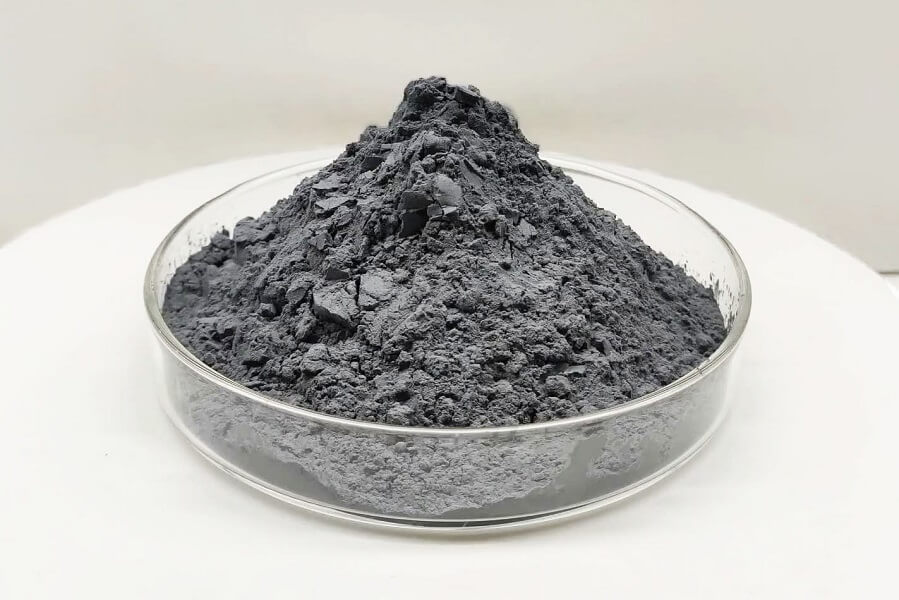Silicon Carbide for Coating is an extremely hard (Mohs 9.4 / 2600 Knoop) man-made mineral that possesses high thermal conductivity and high strength at elevated temperatures (at 1000°C, SiC is 7.5 times stronger than Al2O3).
The Benefits of Silicon Carbide for Coating
- SiC benefits include low density, high strength, low coefficient of thermal expansion, high thermal conductivity, good electrical properties, high decomposition temperature (4530 F), and excellent corrosion resistance (i.e. alkaline and acidic). SiC is the third hardest material after diamond and boron carbide, making it extremely valuable for wear applications. SiC materials are used in over 30 industries, including the aerospace, automotive, electronics, power, and chemical industries.
- Carbon composite materials (CCM) are finding more and more applications in the industry due to the strength, stiffness, and weight. However, they must be protected when in service due to the tendency of CCMs to degrade in alkaline and acidic environments and sunlight. SiC is an excellent choice for these coating applications due to the unique properties of SiC.
- SiC coatings are dense, hard, and wear-resistant. Porosity is less than 2%, hardness is 9.2 on the Mohs scale, bond strength exceeds 4000 Psia, and surface roughness is 145 microinches. SiC coatings can be deposited on steel, aluminum, graphite, silicon carbide, and carbon composites.


Richard (verified owner) –
The product is firmly packed.